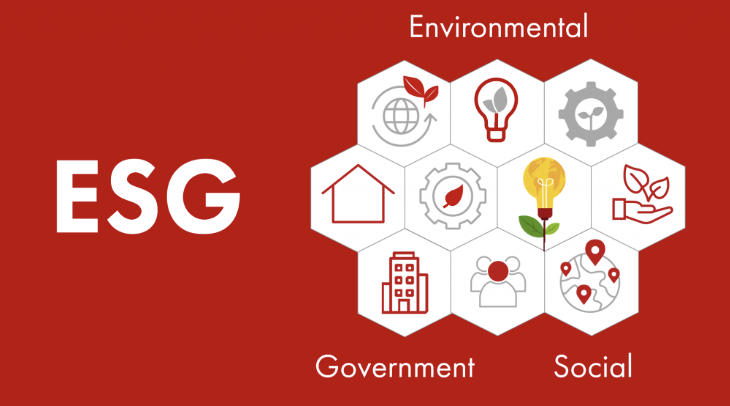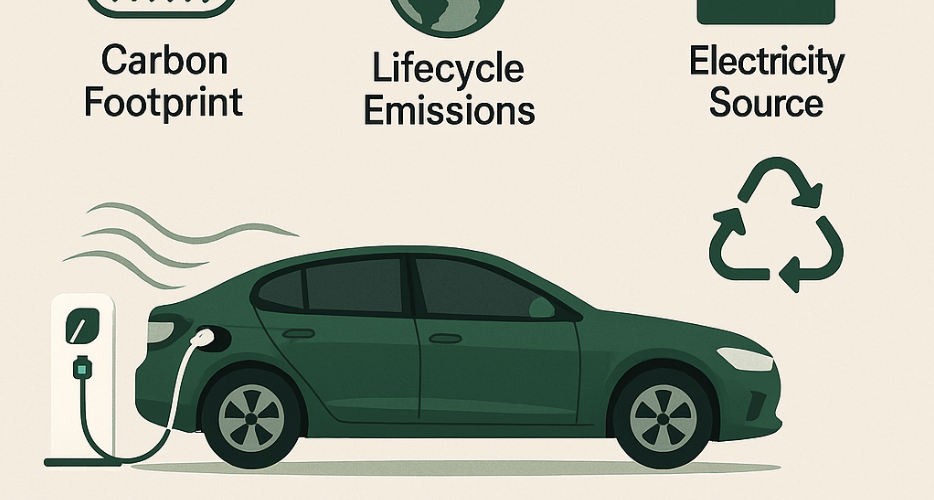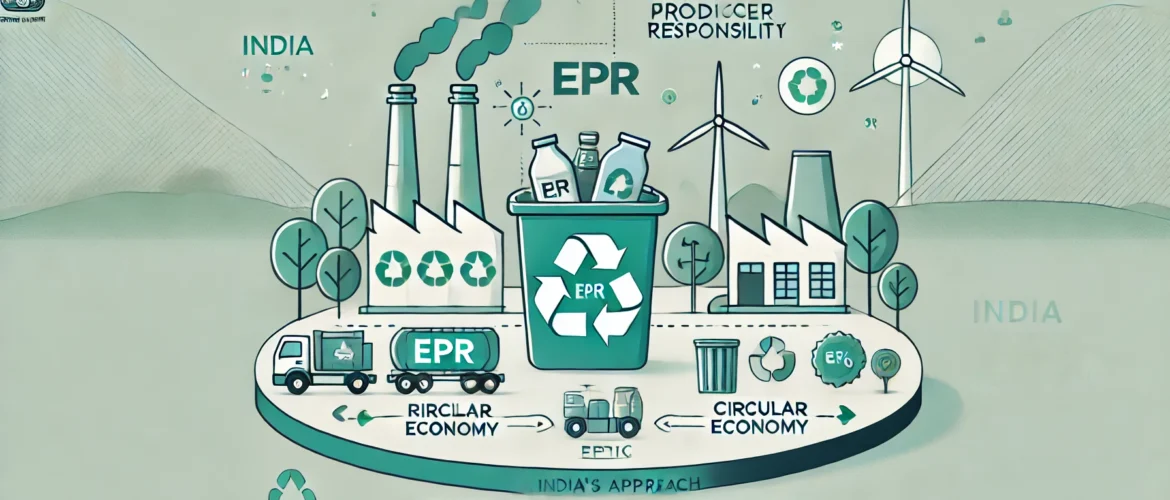Eco-Friendly Packaging in India: Trends Consumers Should Know About Introduction As environmental consciousness rises globally, eco-friendly packaging has emerged as a crucial component of sustainable consumption. In India, where waste generation is escalating due to rapid urbanization and e-commerce growth, the shift towards sustainable packaging solutions is both a necessity and an opportunity. Driven by regulatory mandates, ESG (Environmental, Social, and Governance) frameworks, and evolving consumer behavior, India’s packaging industry
Why ESG Is Not Optional Anymore: The Industrial Sector’s Role in India’s Green Goals Introduction In an era defined by climate urgency and stakeholder activism, Environmental, Social, and Governance (ESG) is no longer a corporate buzzword—it’s a business imperative. For India, a nation with ambitious net-zero goals by 2070, the industrial sector’s participation in ESG adoption is critical. With growing regulatory pressures and investor expectations, embracing ESG is not optional anymore—especially for
India’s Road to Net Zero by 2070: What It Means to Industries India made global headlines with its ambitious pledge to achieve net-zero emissions by 2070. For the country’s industries, this isn’t just a climate promise—it’s a complete shift in how business will be done in the coming decades. Whether you’re in manufacturing, energy, transport, or agriculture, the ripple effects are already being felt. Let’s break down what this journey means for Indian industries, the key
🔥 Extreme Weather Is the New Normal Heatwaves in February. Flash floods in deserts. Snowstorms in cities that barely saw frost. Around the world, the weather is turning unpredictable—and dangerous. These events are not isolated incidents; they are part of a larger pattern driven by climate change. Scientists now agree: climate change is no longer a distant threat. It’s happening here and now. 🌡️ The Reality of a Warming Planet The Earth’s average temperature has already risen by more than 1°C since the pre-industrial
Are EVs Truly Zero Emission? Unpacking Their Full Environmental Impact Electric vehicles (EVs) have emerged as a cornerstone of the global shift toward clean transportation. Marketed as “zero-emission” alternatives to gasoline-powered cars, EVs have gained traction for their potential to combat climate change. However, the reality is more nuanced. While they produce no tailpipe emissions, the entire lifecycle of an EV—from raw material extraction to manufacturing, energy consumption, and disposal—reveals a broader environmental footprint. To understand the true impact
Climate Chaos: Adapting to the New Business Normal The world is facing an era of unprecedented climate instability. From extreme weather events to supply chain disruptions, businesses are no longer just observers of climate change—they are on the front lines. Companies that fail to adapt risk financial instability, operational challenges, and repetitional damage. The new business normal is one where sustainability and resilience must be embedded into every decision. The Reality of Climate Chaos Rising global temperatures, erratic weather
What Are Zero Emissions and why it matters Zero emissions refer to the complete elimination of greenhouse gas emissions, particularly carbon dioxide (CO2), from human activities. This means that no harmful pollutants are released into the atmosphere from energy production, transportation, manufacturing, or other industrial processes. Achieving zero emissions is essential to mitigating the impacts of global warming and protecting ecosystems. The primary driver behind zero emissions is the urgent need to curb climate change. Rising global temperatures
Sustainability: Understanding EHS and ESG EHS and ESG represent two distinct yet interconnected approaches to sustainability and corporate responsibility. What is EHS and ESG? EHS focuses on ensuring safe workplace practices, protecting employee health, and minimizing environmental impact through operational measures. On the other hand, ESG is a broader framework that evaluates a company’s environmental, social, and governance initiatives to assess its overall ethical and sustainable practices. Importance in Modern Business: Both frameworks have become integral to the way businesses operate, ensuring compliance
From Policy to Practice: How EPR is Reshaping India’s Approach to Plastic Waste Management and Combating Plastic Pollution Plastic pollution is one of the most pressing environmental challenges in India. From bustling metropolitan cities to serene rural landscapes, the effects of plastic pollution are evident everywhere. Moreover, with an annual production of over 9.4 million tons of plastic, India’s waste management systems have struggled to keep up. What is EPR and How Does it Address Plastic Pollution? EPR in India, introduced under the
ESG integration: How ESG Can Transform Your Risk Management Strategy. The Growing Threat of Climate Risk: ESG integration In a world increasingly affected by climate change, businesses face growing risks from environmental disruptions, social upheavals, and governance failures. These risks are not only significant but also intensifying, forcing businesses to re-evaluate their strategies and adapt. ESG integration Climate change has moved beyond being a distant concern to becoming a pressing and immediate challenge that impacts every aspect of the global
- 1
- 2












